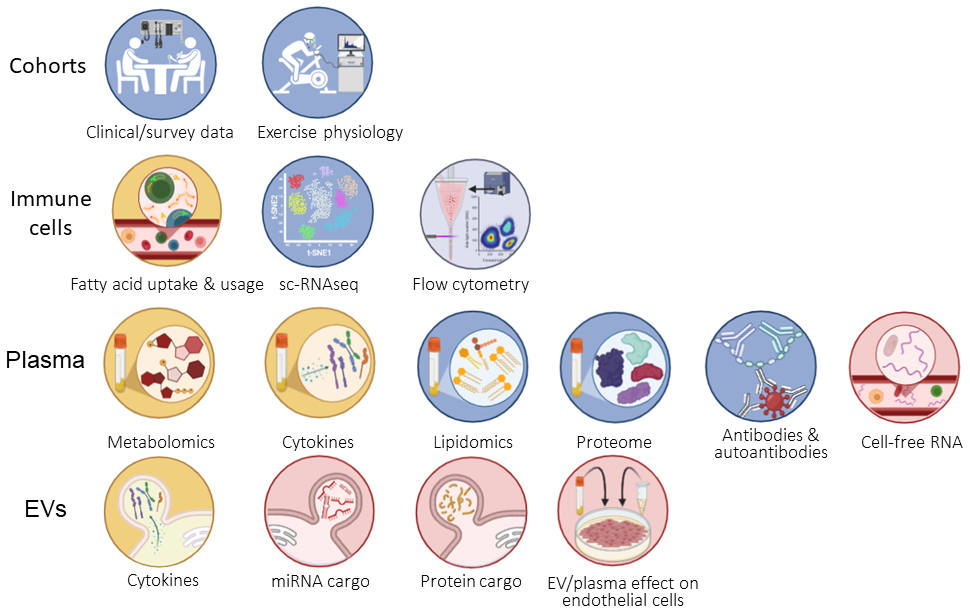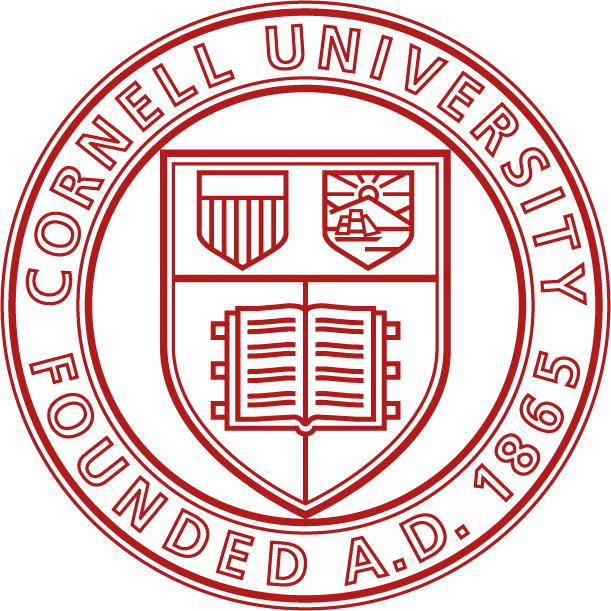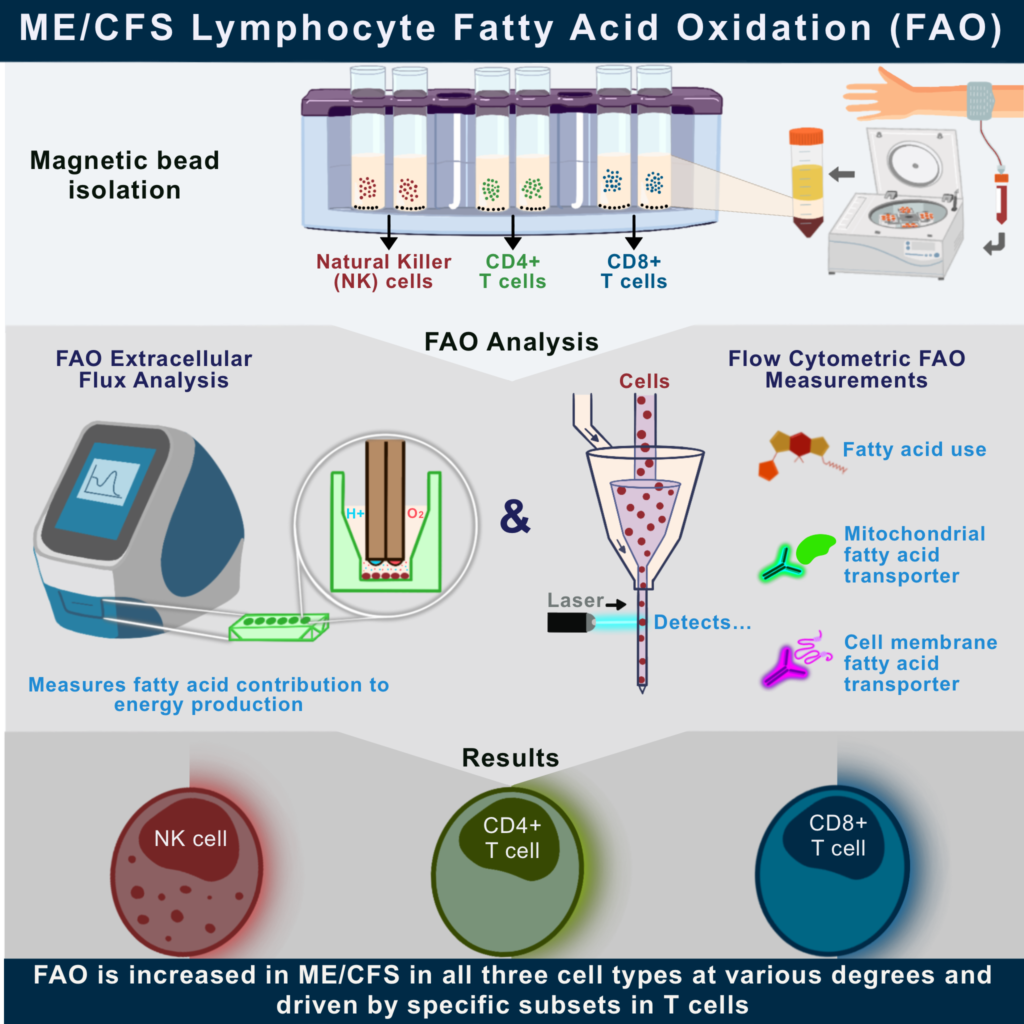Announced April 11, 2023, the ENID Center has successfully competed for a 5-year U54 award from the National Institutes of Health. The U54 award provides funding for a multidisciplinary, multicomponent collaborative research center. The award will fund exciting research to explore topics such as endothelium function, cell-free RNA, immune cell dysfunction, extracellular vesicles, and more.
The new research award includes a subject participation component. We will soon provide information on how interested people can get involved. Check back here later, or stay tuned to the Center’s tweets and Facebook posts for updates.
The new funding is partly an extension of previous work. Specifically, we plan to utilize previous and future data, highlighted in the figure below, to perform multiomic analyses. Multiomics uses sophisticated computation approaches to incorporate multiple datasets, which can provide an enhanced and holistic perspective.

The Cornell Chronicle first announced the U54 award. Check out the press release for more information.
 Center for Enervating NeuroImmune Disease
Center for Enervating NeuroImmune Disease

